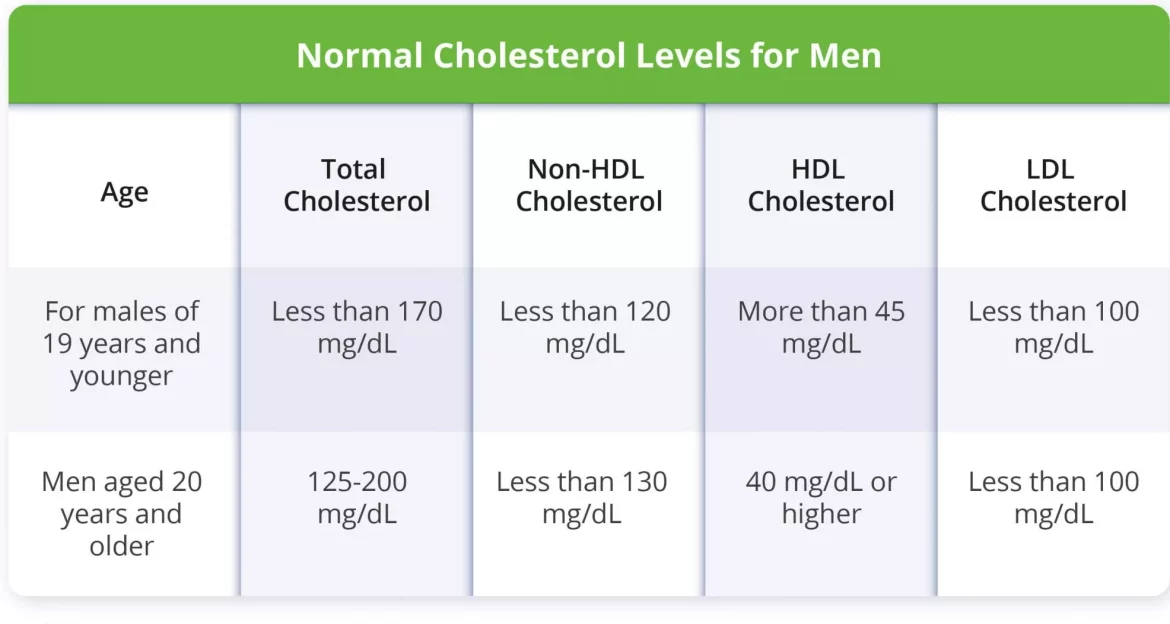Maintaining healthy cholesterol levels is crucial for overall heart health and preventing cardiovascular diseases. High cholesterol can lead to the buildup of fatty deposits in your blood vessels, increasing the risk of heart attack, stroke, and other complications. Fortunately, there are several effective strategies you can adopt to lower your cholesterol levels naturally. This article explores seven proven methods to help you achieve and maintain healthy cholesterol levels.
7 Ways to Lower Your Cholesterol Levels
1. Adopt a Heart-Healthy Diet
A balanced and nutritious diet is the cornerstone of cholesterol management. Focus on incorporating heart-healthy foods into your daily meals. Here are some dietary changes to consider:
Increase Fiber Intake: Soluble fiber, found in oats, beans, lentils, fruits, and vegetables, helps reduce the absorption of cholesterol into your bloodstream. Aim to consume at least 25-30 grams of fiber daily.
Choose Healthy Fats: Replace saturated fats found in red meat, butter, and full-fat dairy products with healthier unsaturated fats. Include sources of monounsaturated and polyunsaturated fats, such as olive oil, avocados, nuts, seeds, and fatty fish like salmon and mackerel.
Limit Trans Fats: Trans fats, often found in processed foods and commercially baked goods, raise bad cholesterol (LDL) levels and lower good cholesterol (HDL) levels. Avoid trans fats by checking food labels for partially hydrogenated oils.
Incorporate Plant Sterols and Stanols: These natural compounds, found in certain fruits, vegetables, nuts, and fortified foods, help block the absorption of cholesterol. Consuming 2-3 grams of plant sterols or stanols daily can lower LDL cholesterol.
see also: Can Hyperlipidemia Cause Heart Failure
2. Exercise Regularly
Regular physical activity is essential for maintaining healthy cholesterol levels and overall cardiovascular health. Exercise helps raise HDL cholesterol (the “good” cholesterol) and lowers LDL cholesterol (the “bad” cholesterol) and triglycerides.
Aim for at least 150 minutes of moderate-intensity aerobic exercise, such as brisk walking, cycling, or swimming, each week.
Additionally, include strength training exercises at least two days a week to improve muscle mass and metabolism.
3. Maintain a Healthy Weight
Excess body weight, especially around the abdomen, is associated with higher cholesterol levels and an increased risk of heart disease.
Losing even a small amount of weight can significantly impact your cholesterol levels. Focus on achieving and maintaining a healthy weight through a combination of a balanced diet and regular physical activity. Set realistic weight loss goals and make sustainable lifestyle changes rather than opting for quick fixes or fad diets.
4. Quit Smoking
Smoking is a major risk factor for heart disease and negatively impacts cholesterol levels. Quitting smoking can improve your HDL cholesterol levels and reduce your risk of heart disease and other health complications. Within weeks of quitting, your blood circulation and lung function begin to improve, and your risk of heart disease decreases. Seek support from healthcare professionals, support groups, or smoking cessation programs to help you quit successfully.
5. Limit Alcohol Consumption
Moderate alcohol consumption may have some heart health benefits, but excessive drinking can lead to higher cholesterol levels and an increased risk of heart disease. If you choose to drink alcohol, do so in moderation. This means up to one drink per day for women and up to two drinks per day for men. Excessive alcohol consumption can raise triglyceride levels, contribute to weight gain, and increase the risk of high blood pressure and heart disease.
6. Take Cholesterol-Lowering Medications if Prescribed
For some individuals, lifestyle changes alone may not be enough to lower cholesterol levels to a healthy range. In such cases, healthcare providers may prescribe cholesterol-lowering medications, such as statins, bile acid sequestrants, or PCSK9 inhibitors. These medications work by reducing the production of cholesterol in the liver or increasing the removal of cholesterol from the bloodstream. It’s important to take these medications as prescribed and follow your healthcare provider’s recommendations for monitoring and managing your cholesterol levels.
7. Manage Stress
Chronic stress can contribute to higher cholesterol levels and increase the risk of heart disease. Stress management techniques, such as mindfulness meditation, deep breathing exercises, yoga, and regular physical activity, can help reduce stress and improve overall well-being.
Additionally, ensuring you get adequate sleep and maintaining a healthy work-life balance can contribute to better stress management and heart health.
Conclusion
Lowering your cholesterol levels involves adopting a combination of healthy lifestyle habits, including a heart-healthy diet, regular exercise, weight management, smoking cessation, moderate cohol consumption, medication adherence if prescribed, and effective stress management. By implementing these seven strategies, you can take proactive steps toward achieving and maintaining healthy cholesterol levels, ultimately reducing your risk of heart disease and improving your overall quality of life. Always consult with your healthcare provider before making significant changes to your diet, exercise routine, or medication regimen to ensure that your approach is safe and effective for your individual health needs.

